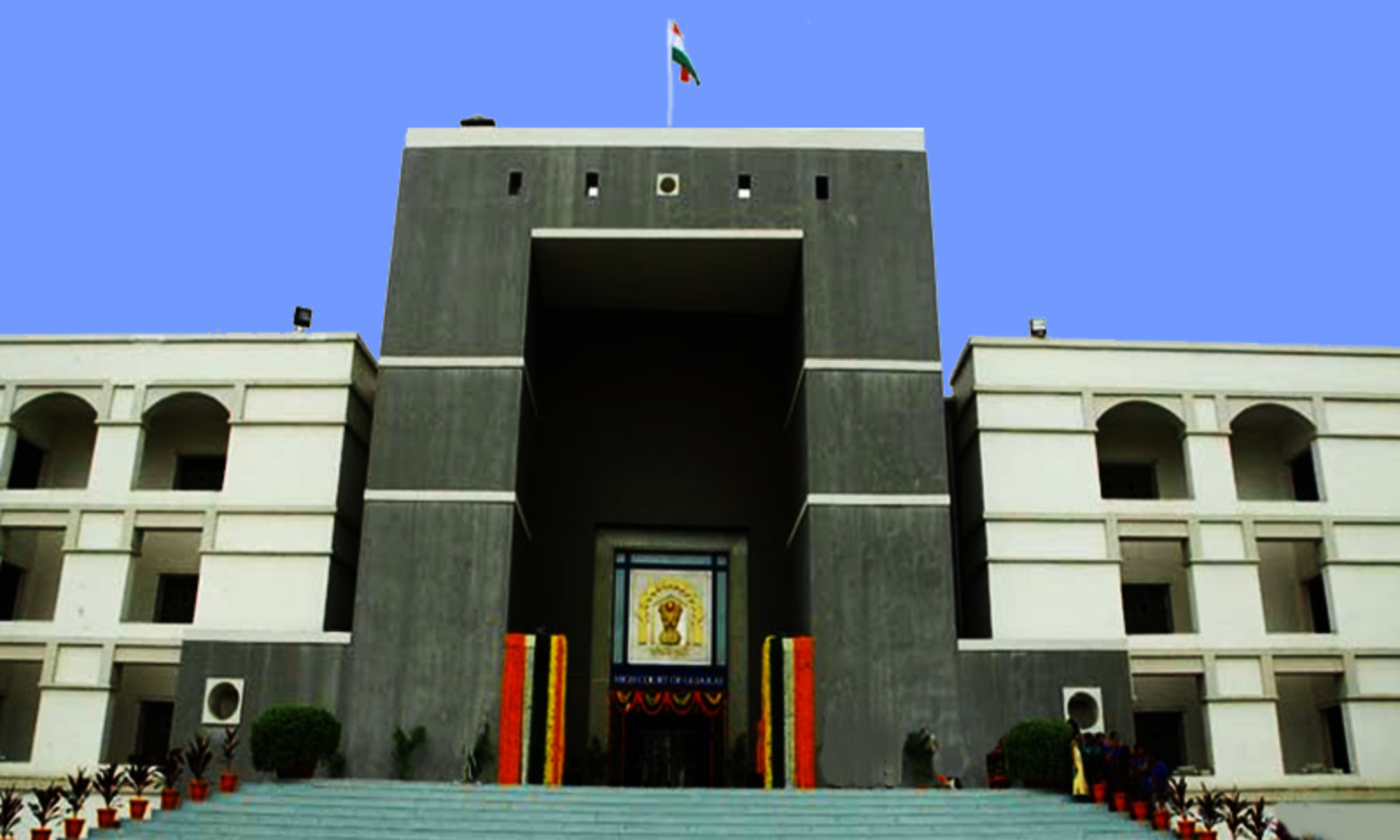


The Gujarat High Court today upheld the constitutional validity of Gujarat Land Grabbing (Prohibition) Act, 2020 and its allied rules[Kamlesh Jivanlal Dave and Others v. State of Gujarat and Others].Pertinently, apart from holding that there is no repugnancy between the law and Central laws, the Court also held that the 2020 Act cannot be hit by Article 254 of the Constitution (inconsistency between laws made by Parliament and laws made by the Legislatures of States) for want of presidential assent.A division bench of Chief Justice Sunita Agarwal and AP Mayee pronounced the judgment on a batch of over 150 petitions that had questioned the validity of the law."We do not find any good ground to hold the Gujarat Land Grabbing (Prohibition) Act, 2020 and its allied rules as unconstitutional. Considering the pith and substance of the land grabbing Act, we hold that it is relatable to entries 18, 64 and 65 of List II of VII Schedule (of the Constitution of India) and as such there is no question of repugnancy to the Central laws such as the Limitation Act or CPC or CrPC or Transfer of Property Act, Specific Relief Act or the Evidence Act ... On a comparative view, we also find that the same legislation's validity with pari meterial provisions has been upheld even in Assam, Andhra Pradesh and Karnataka. We therefore dismiss all the writ petitions," the Court said.The Bench also rejected a request by lawyers to stay the application of the Act till July 30, so that an appeal could be filed before the Supreme Court against the High Court's judgment today.The Court went on to hold that the 2020 law cannot be said to be violative of the basic structure of the Constitution."Taking note of various provisions of 2020 Act, we find that these all provisions have an object and rationale with the purpose of the act which is to curb the land grabbing activities in Gujarat. This Act cannot be said to be violative of basic structure of the Constitution and it also does not violate Article 14 of Constitution and procedure of civil and criminal trials provided in impugned legislation cannot be said to arbitrary," the judgment stated.The Court also dismissed arguments that the punishments provided for violations of the land grabbing law are disproportionate and excessive."On aspect of proportionality for providing minimum sentence of 10 years for land grabbing, it is concluded that the wisdom of legislature must be given due regard and respect, it is for legislation being representative of people to decide as to what is good or bad for them. Court cannot sit over its wisdom. Consequently, the 2020 Act cannot be said ultravires on aspect of proportionality. The Act cannot be challenged on the plea of harsh and disproportionate punishment. We hold that the Act is not violative of Articles 13, 14, 19 and 21 of the Constitution," the Court said.It further dismissed a challenge to the Act on the ground that it was made retrospectively applicable."We also find that the ground of Act's challenge being retrospective in application and absence of mens rea, is absolutely unfounded and non-existence. The challenge to the rules of 2020 Act is also found to be untenable," the Bench held.
TAGS: Gujarat High Court constitutional validity Gujarat Land Grabbing (Prohibition) Act 2020 Chief Justice Sunita Agarwal AP Mayee legality